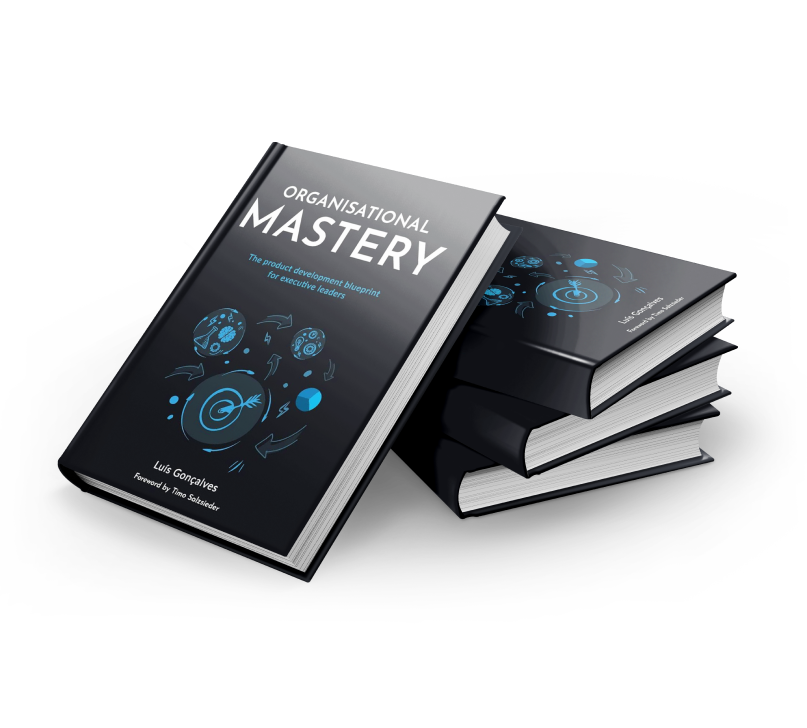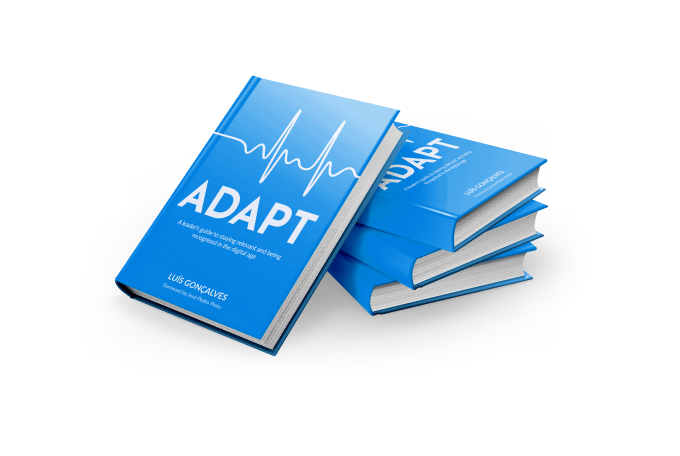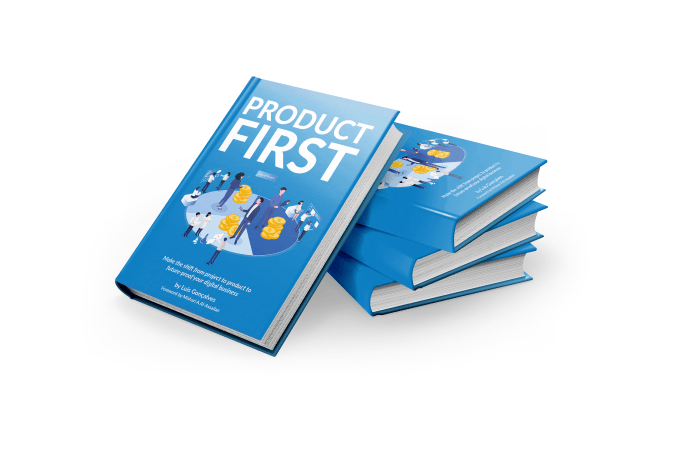Share this
Top Communities of Practice Tips For Your Organisation
by Luis Gonçalves on Jan 13, 2024 5:53:50 AM
Communities of practice have become a major knowledge management resource in modern organisations. Defined as a group of people who share a common passion and learn how to develop it through regular interaction, members of a CoP put their heads together to share ideas and strategies, come up with solutions, and develop innovations for companies like yours.
[sc_pathway pathway_title="COMMUNITIES OF PRACTICE GUIDE" pathway_description="A guide to help executives to understand how Communities Of Practices can generate new lines of products or services, spread best practices among employees and help companies to find and retain talent!" pathway_button_text="Download The Guide Now!" pathway_button_url="https://adaptmethodology.com/cop-guide-en?utm_source=ADAPT_Blog&utm_medium=CTA_Box&utm_content=Top_Box&utm_campaign=COP_Guide" /]
It should be noted, however, that not all communities can be referred to as a community of practice. To be considered one, it has to have the following elements: a shared domain of interest, a community engaging in shared activities, and a practice through different methods.
Even though they are less known, most communities of practice exist in organisations. They can be seen in a group of professionals -- production operators exchanging knowledge and best practices, engineers in the factory floor discussing how to increase their production, or staff members holding a meeting to brainstorm for their next marketing strategy. These groups of informal networks have been observed to support business goals by utilising the individual members’ knowledge and expertise.
But in what ways can an organisation maximise the benefits of having communities of practice? Are there substantial approaches that are best suited to their informal and free-flowing nature?
Fortunately, there are. Here are some foolproof communities of practice tips to enhance their performance and stimulate innovative thinking through collaboration and sharing of expertise.
Set clear goals
Communities of practice must determine the primary objectives and goals that they would like to achieve. Members must decide the main purpose for establishing their community and the reason they are sharing their knowledge and expertise.
Whether the goal is to develop a particular training strategy or improve the production of a specific department, It is necessary for communities of practice to have a clear set of goals and objectives so that members will be aware of how they can contribute in achieving the desired outcome.
Create a clear plan or learning outline
Similar to any training workshop or short course, communities of practice who would like to share their knowledge, expertise, and experience need to have a learning plan to achieve their goals and ensure that they are on the right track.
The learning plan should identify the strategies that the group will use, the communication tools that all members need to utilise, the venue and schedule of the meetings, and the list of tasks assigned to each member.
Because communities of practice can exist in both virtual environments and physical offices, it is important to establish clearly if members will have sufficient time for the learning, if members will receive direct and practical benefits from their involvement, and, more importantly, if the host will officially recognise the results.
Strengthen their ties and resolve differences.
While they share the same interest, members of CoPs could come from various backgrounds, skill sets, teams, or departments. Thus, it is important to determine their key strengths and weaknesses and understand patterns that can help manage the community more effectively.
One method used in determining issues or weaknesses where communities of practice should focus is through a survey. The feedback obtained from the survey will allow members to focus on the most critical issues that the community is currently encountering. It will also help members properly allocate their resources and manage their time more wisely.
It should be noted that access to valuable tools, applications, and monetary funds are the key instruments to achieve their primary objectives and goals.
Assign a moderator/facilitator
Moderators or facilitators of communities of practice are usually those that play important roles in the organisation because of their subject matter expertise. Therefore, they must be willing to spend time and resources to assist in the learning process of each member.
A moderator should have attractive and stimulating ways to present and initiate activities to ensure that each member actively participates.
What are the roles of a moderator?
- Schedule an orientation meeting for all members. Whether online or offline, the moderator should ensure that all members attend the orientation meeting to start making interactions and more importantly, to understand their goals and objectives as a community of practice.
- Connect and get to know each member. A moderator should also know each member individually. He should be able to identify each member’s expertise and experience and how they can contribute to the group. Though communities of practice share the same passion, it is also good to have members with different areas of expertise and wide variety of skills. The moderator should be able to figure out what each member can bring to the community so that he can easily give a name when a member with specific knowledge or expertise is needed.
- Initiate or spearhead activities. The moderator should also create a calendar and organise regular meetings. Furthermore, a moderator should have a wide range of knowledge on the topics to be discussed during meetings.
Utilise social media platforms and online forums for updates and communication
Perhaps one of the most useful communities of practice tips in today’s organisational setup is the integration of social media. When the corporate world started to welcome Generation Y, also known as “the Facebook Generation”, discussion forums and newsgroups were used to drive professional development and business performance.
Email discussion, video conferences, and webinars linked professionals and multinational corporations from different countries around the globe to work on a specific project.
Social media platforms, such as Facebook, Twitter, WhatsApp, and Viber as well as online forums have proved to be important tools for communication. Sharing ideas became faster via social media sites and working together is more convenient among members; therefore, members of the communities of practice can come up with new and innovative solutions more quickly.
Equip them with tools and technology for easy collaboration.
Some communities of practice also use project management software tools, such as Basecamp, Asana, and Trello, to share documents, assign projects and tasks, billing, reporting, and other tasks.
A community calendar is also recommended to remind members of the regular meetings and deadlines, especially when the members are working from different places.
Offer support and resources to emerging communities
In general, the success of a community of practice depends on the support it receives. Success is also measured by the support it can offer to other emerging communities of practice.
When communities of practice receive huge support from each other, they can develop training plans. They will also be able to determine solutions and strategies that will be beneficial to the entire organisation.
Communities of practice is a great tool that can help drive an organisation to success. But for them to make a significant impact, they have to be nurtured and supported in every way possible. You, as a leader, plays a key role in nurturing CoPs.
Hopefully, with these communities of practice tips, you can be sure to create communities that support the growth of your organisation.
We provide Team Coaching, Agile Training, and Agile Consulting, OKR Training, OKR Consulting, Innovation Training and Innovation Consulting.
With my team, I built 5 main products: High Performing Teams, Scrum Team Coach, Scrum Master Mentoring, Organisational Mastery and the External Business Accelerator.
To check all our products and services please visit our pages: Products and Services.
[sc_pathway pathway_title="COMMUNITIES OF PRACTICE GUIDE" pathway_description="A guide to help executives to understand how Communities Of Practices can generate new lines of products or services, spread best practices among employees and help companies to find and retain talent!" pathway_button_text="Download The Guide Now!" pathway_button_url="https://adaptmethodology.com/cop-guide-en?utm_source=ADAPT_Blog&utm_medium=CTA_Box&utm_content=Bottom_Box&utm_campaign=COP_Guide" /]
Share this
- Agile Methodologies (18)
- Product Strategy (18)
- OKRs (16)
- Scrum (16)
- Product Mindset (14)
- Project To Product (10)
- Agile Retrospectives (9)
- CoPs (9)
- Knowledge Sharing (9)
- Time To Market (8)
- Product Discovery (7)
- Continuous Improvement (5)
- Strategy (5)
- Scrum Master (4)
- Content Marketing Strategy (3)
- Product Owner (3)
- Technical Excellency (3)
- Digital Transformation (2)
- Innovation (2)
- Scaling (2)
- Team Building (2)
- Business Model (1)
- Cost Of Delay (1)
- Customer Feedback (1)
- Customer Journey (1)
- Customer Personas (1)
- Design Thinking (1)
- Digital Leadership (1)
- Digital Product Tools (1)
- Go To Market Strategy (1)
- Google Design Sprint (1)
- Lean Budgeting (1)
- Lean Change Management (1)
- Market Solution Fit (1)
- Organisational Impediments (1)
- Outsourcing (1)
- Product (1)
- Product Metrics (1)
- Product Roadmaps (1)

Organisational Mastery
Get your free copy

ADAPT
Get your free copy

Product First
Get your free copy
